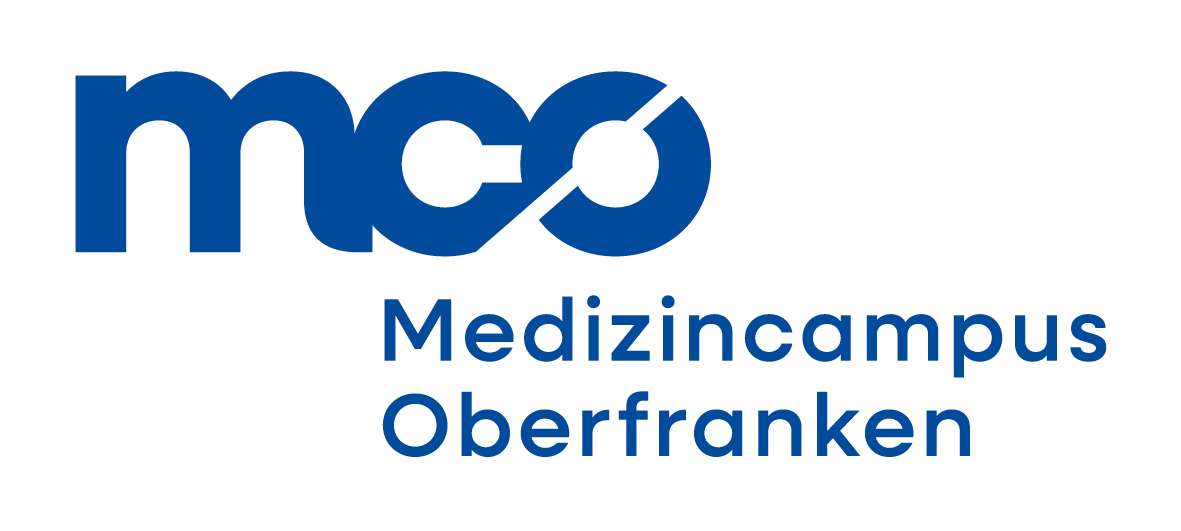Research to Improve Resilience in Major African Cities (ReachUHC)
Large parts of the population in African cities have no health insurance. They suffer from high treatment costs and limited access to healthcare. Although Ghana introduced a national health insurance in 2004, it barely reaches 40% of the population. In the informal sector, which comprises 86% of the population, the proportion of insured persons is particularly low. Insured persons must actively renew their insurance every year in order to have permanent insurance cover.
In cooperation with the Ghana National Health Insurnace Authority (NHIA), ReachUHC has developed a system so that insured persons receive reminders shortly before their insurance cover expires. In addition, they are given the option to automatically renew their insurance cover and have the premiums collected from their mobile-phone based accounts.
Research focuses on
1. measuring effects oft he intervention on insurance rates and insurance gaps
2. identifying factors that promote and/or hinder intervention implementation
3. analyzing the transferability to other cities.
Das Projekt is implemented a spart of a collaboration with the School of Public Health at the Kwame Nkrumah University of Science and Technology, mTOMADY, and the Department of Empirical Health Economics at the TU Berlin. It is funded by the Federal Ministry of Educaiton and Research (BMBF) with about €750,000.

